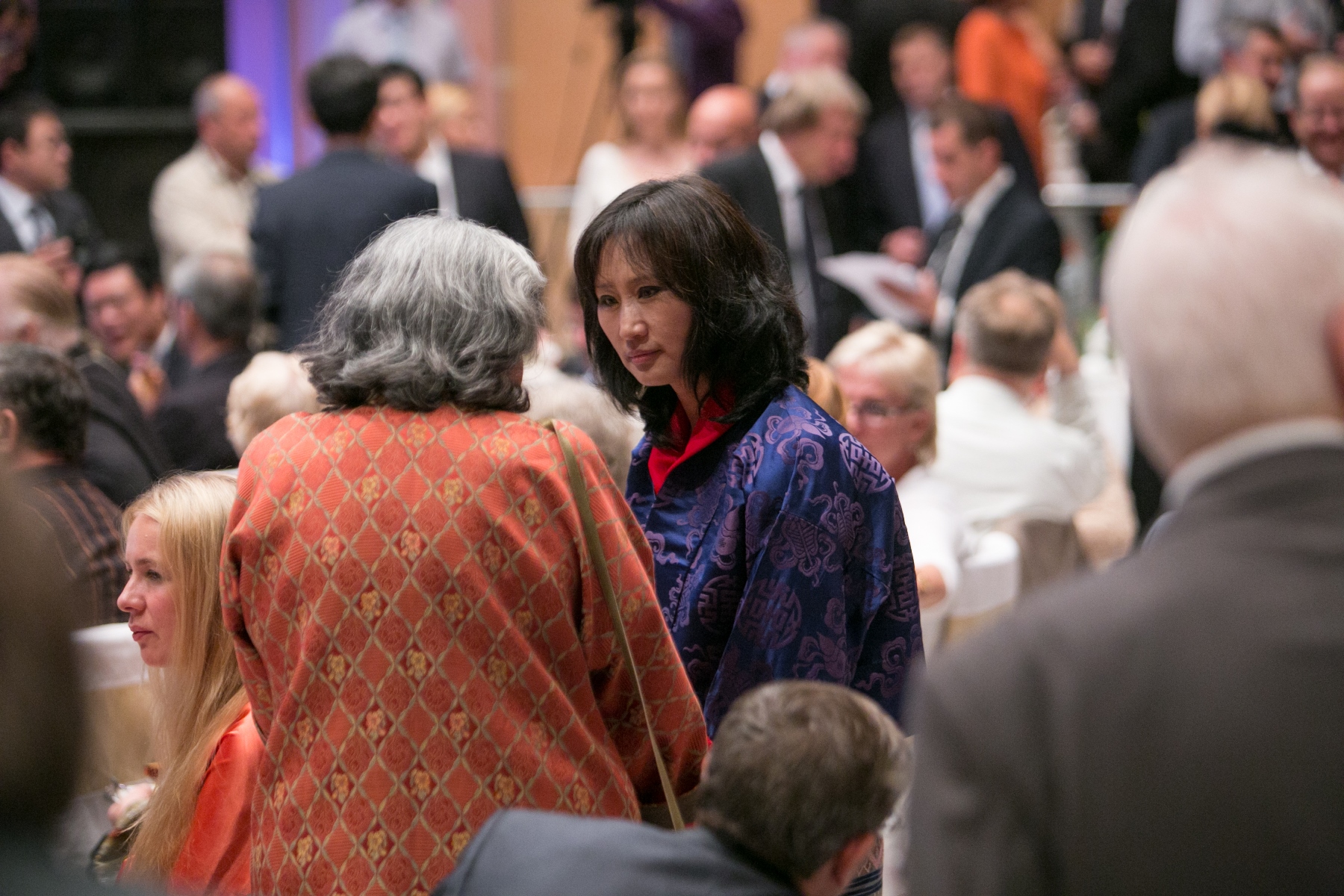Libraries have evolved over time, from carefully curated collections of “the best” books to entertaining and educating collections. A librarian and editor, Mary Jo Godwin, argued, “A truly great library contains something in it to offend everyone.” Many librarians advocate for access to materials because individuals have the power and responsibility to self-select. If I pick up a book I find objectionable, I can choose to learn from it, turn away from it, or seek out a conversation to help me contextualize how it speaks to some readers but not others.

India Post, Government of India [GODL-India (https://data.gov.in/sites/default/files/Gazette_Notification_OGDL.pdf)]
for libraries, including “Every person his or her book [and e]very book its reader,” which I interpret as a challenge to collect books I may not be interested in personally. Every person has unique needs and tastes. I select books broadly because each of us may not realize what we are looking for in a book. I may be surprised and learn something new.
Libraries in public schools and communities negotiate with their communities on when to label a movie or book based on content, topics, or maturity. One American organization hosts a Banned Books awareness campaign, not that books are themselves banned in the US anymore, but to increase awareness of the challenges librarians and teachers face in teaching diverse materials.
If you are inspired to explore librarianship or information management as a career, I invite you to explore LISA, the Library and Information Science Abstracts, or a preprint archive, for topics on ethics of Intellectual Freedom or Freedom of access to information. Librarianship has a history of agents agitating for change, such as Sandy Berman, who argued subject headings were discriminatory and biased.
This film may prompt research outside librarianship, such as computing, ethics, mass media, or censorship. I wasn’t sure where to start, so I use Annual Reviews to search “ethics AND censorship” which showed me the broad possibilities from Big Data to Sociology, from the Internet to Politics. Annual Reviews are big reviews by experts of the latest developments in a field. The introduction and future trends sections might be enough to spark your interest for research in our guides on Mass Media or Philosophy.
 Celebrity in China
Celebrity in China
 again with classmates,
again with classmates, 










